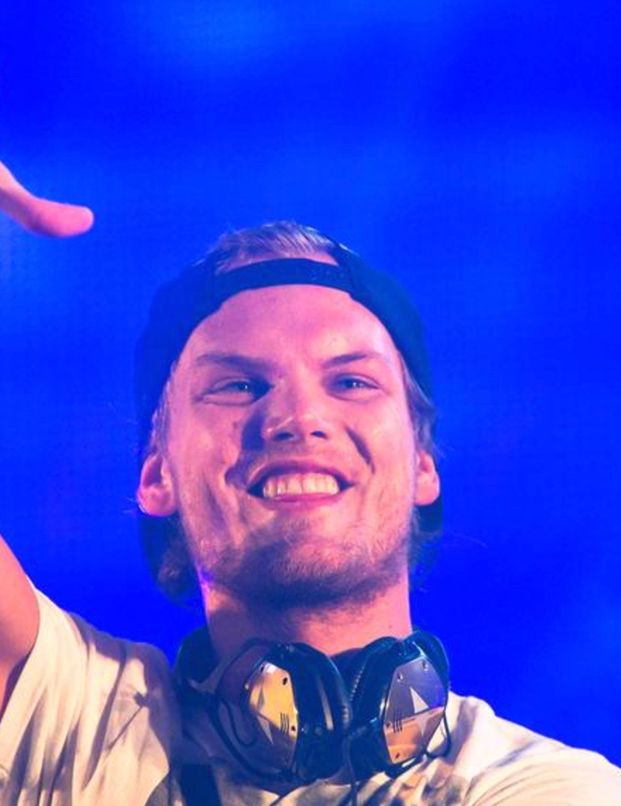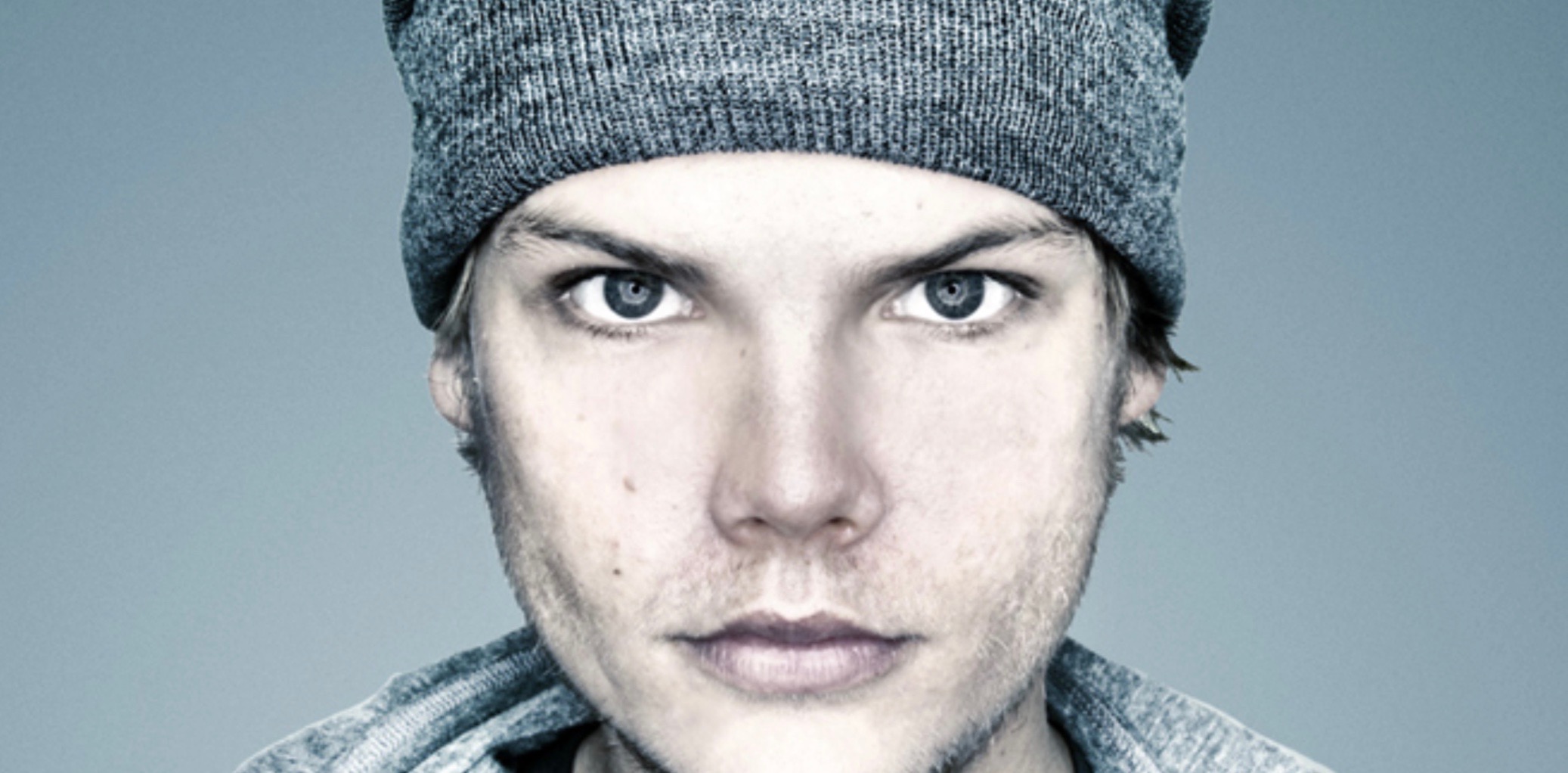One of the biggest names in the EDM/house music scene has passed away, and much, much too young: Tim Bergling, best known by his DJ name, Avicii. Despite leaving us at only 28, Avicii helped dance music become the most popular commercial music for several years, thanks to hits such as Levels, Wake Me Up, and Hey Brother. Levels, and his collaboration with David Guetta on Sunshine, both earned him Grammy nominations. His style was greatly imitated, particularly when he married house music with folk singer-songwriting.
Avicii was born in Stockholm on the 8th September, 1989. From his early teens, he was already an avid producer, and working on a lot of music and remixes. He was a member of the Laidback Luke Forums, hosted by the DJ of the same name. With the support and feedback of other budding producers on the forum, Avicii developed his sound, which quickly manifested as a distinctive, deep house style. He was already signed to the Dejfitts Plays label in 2007.
After a number of remixes secured a foothold in the industry for him, Avicii scored his first bona fide hit with Seek Bromance in 2010, then still releasing music under his own name (stylised as Tim/Berg). It reached the top 20 of charts across Europe, including the UK, France, the Netherlands, and his native Sweden. This success won him a publishing deal with EMI.
Avicii was christened as ‘Avicii’ when he found that the Tim Berg name was already taken by another MySpace music page. He explained the meaning behind his new moniker as being the lowest level of hell in Buddhism — a friend had been telling him about it previously, and it returned to him when he realised he needed a musical alias.
He was promoted to top 10 status only a year later. His 2011 release of Levels, his dance-pop track featuring an Etta James vocal sample, launched him into the international mainstream. It shot into the top tier of the charts in the UK, Germany, Italy, and Belgium, while topping the charts in Sweden, Hungary, and Norway. His career became a year-by-year ascendancy, as in 2012, his collaboration with dance superstar, David Guetta, produced Sunshine, earning the pair a nomination for Best Dance Recording at the Grammy Awards.
At this point, Avicii was already performing at the biggest dance music festivals across the globe, including Ultra Music Festival in Miami, where in 2012 he premiered his remixes of legends Madonna and Lenny Kravitz. He rounded off the year by releasing I Could Be The One with similarly stratospheric DJ, Nicky Romero, another dance hit which has never stopped being heard in night clubs since. 2013 did not let up for Avicii: he was nominated for a Grammy once more for Levels, this time losing out to Skrillex.

